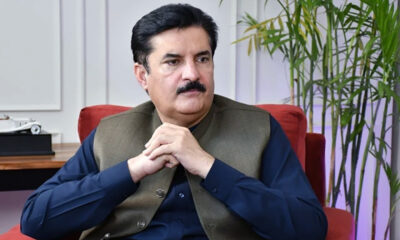Latest News
Jamiat-e-Islami calls for interim government
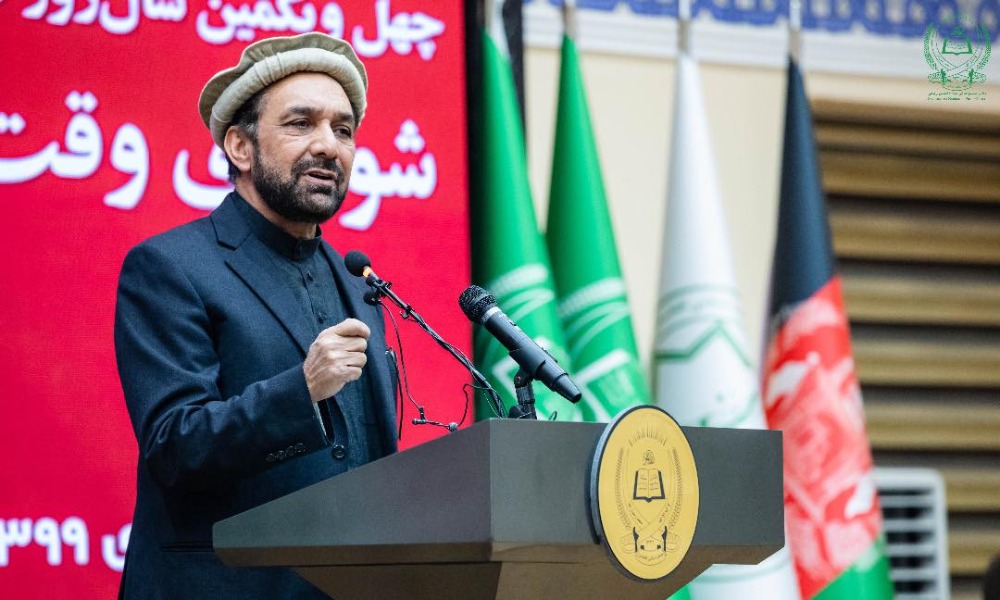
The Jamiat-e-Islami party on Saturday called for an interim government to be established in order for a peace agreement to be reached with the Taliban.
Addressing a gathering on the occasion of the 41st anniversary of the Soviet Union invasion in Afghanistan, the party’s deputy leader Ahmadzia Massoud stated that after the formation of the interim government a Loya Jirga should be called in order to make a decision over the structure of the government.
“Let talk about the mechanism of peace talks, from where to start and where to end up; first we want a ceasefire, second an interim government should be formed,” Massoud said.
The Afghan government, however, rejected the proposal but the Jamiat party believes that the government cannot control the current situation.
“Let the security forces and the Defense Ministry transfer the power to the Defense Ministry and security forces to enforce an emergency situation in the country; a counter-terrorism [operation] should start and in the meantime we pursue a peace program to reach a result,” Massoud noted.
The intra-Afghan talks are expected to resume on January 5 and will focus on a joint agenda for the talks.
On December 24, 1979, the Soviet Union invaded Afghanistan, under the pretext of upholding the Soviet-Afghan Friendship Treaty of 1978.
The Soviets carried out a massive military airlift into Kabul in the early hours of December 24, involving an estimated 280 transport aircraft and three divisions of almost 8,500 soldiers each.
Within a few days, the Soviets had secured Kabul, deploying a special assault unit against the palace. Elements of the Afghan army loyal to Hafizullah Amin put up a fierce, but brief resistance.
On December 27, Babrak Karmal, exiled leader of the Parcham faction of the Marxist People’s Democratic Party of Afghanistan (PDPA), was installed as Afghanistan’s new head of government. And Soviet ground forces entered Afghanistan from the north.
The Soviets, however, were met with fierce resistance when they ventured out of their strongholds into the countryside.
Resistance fighters, called mujahidin, saw the Soviets controlling Afghanistan as a defilement of Islam as well as of their traditional culture and proclaimed a Jihad against them.
The fighters used whatever weapons they could grab from the Soviets or were given by the United States but things changed in 1987 with the introduction of US shoulder-launched anti-aircraft missiles. The Stingers allowed the mujahidin to shoot down Soviet planes and helicopters on a regular basis.
By then Mikhail Gorbachev was in power and decided it was time to leave and demoralized and with no victory in sight, Soviet forces started withdrawing in 1988. The last soldier left in February 1989.
Latest News
Afghanistan welcomes investment and technology partnerships with India
Azizi welcomed the proposals, emphasizing Afghanistan’s abundant investment opportunities and reaffirming full support.
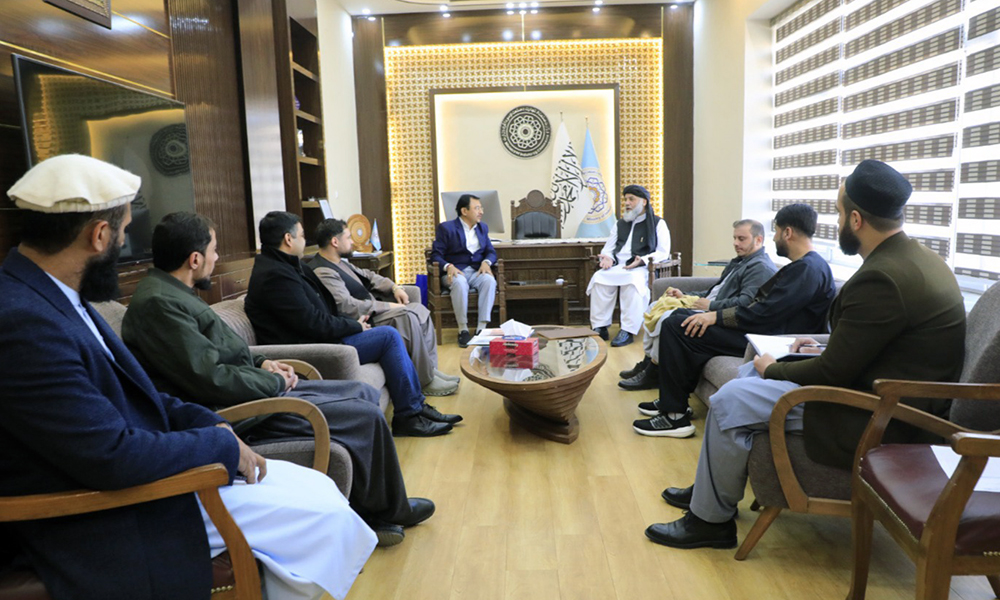
Nooruddin Azizi, Afghanistan’s Minister of Commerce and Industry, met with Ankush Satana and his delegation at his office to discuss expanding economic and technological cooperation.
During the meeting, Satana expressed interest in establishing a gemstone exhibition salon in Afghanistan and connecting Afghan and Indian traders in the pharmaceutical sector.
He also highlighted Germany’s advanced technology capable of producing large quantities of diesel fuel from collected plastic waste and expressed willingness to transfer this technology to Afghanistan.
Azizi welcomed the proposals, emphasizing Afghanistan’s abundant investment opportunities and reaffirming full support.
He noted that the country’s private sector is active and prepared to collaborate with foreign investors.
This meeting represents a significant step toward strengthening economic partnerships and fostering technology transfer, further boosting Afghanistan’s position as a hub for investment and trade in the region.
Latest News
Khyber Pakhtunkhwa governor urges political dialogue with Afghanistan
Kundi stated that security in Khyber Pakhtunkhwa is directly affected by conditions in Afghanistan and recalled how past conflicts, including post-Soviet wars and post-9/11 events, fueled militancy in the region.
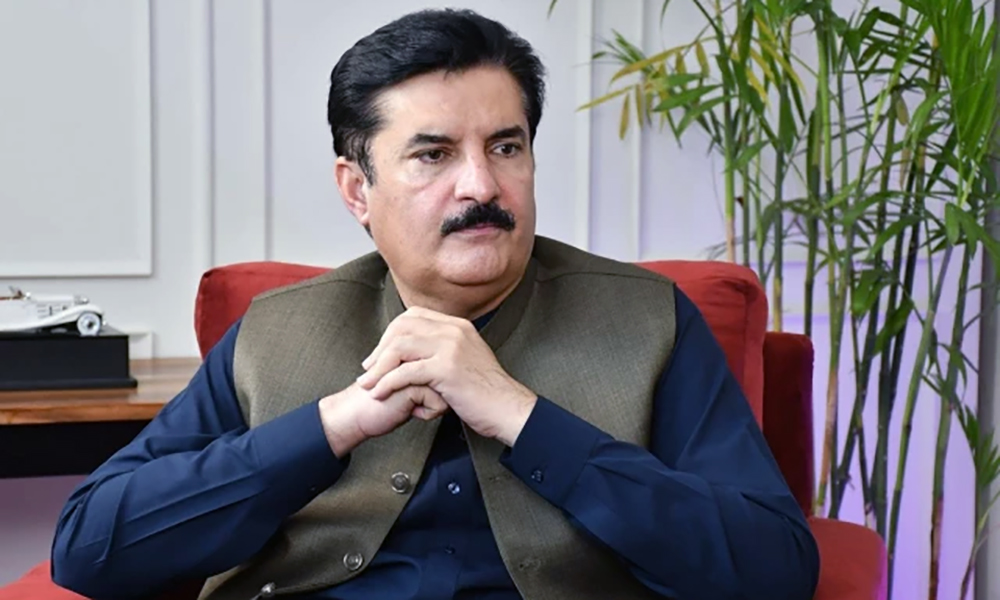
Faisal Karim Kundi, Governor of Khyber Pakhtunkhwa, stressed the importance of political dialogue with the Islamic Emirate of Afghanistan during a regional meeting on “Security, Trade, and Economic Affairs between Pakistan and Afghanistan” held in Peshawar.
The event was hosted by the University of Peshawar’s Department of International Relations.
Kundi said that domestic and cross-border challenges can only be addressed through constructive engagement among political leaders. He emphasized that a stable Afghanistan is essential not just for Pakistan, but for the wider region, and that lasting peace is key to economic growth and expanded trade.
The meeting also addressed regional security, trade challenges, and the potential of Pakistan-Afghanistan crossings to strengthen connectivity with Central Asia.
Kundi stated that security in Khyber Pakhtunkhwa is directly affected by conditions in Afghanistan and recalled how past conflicts, including post-Soviet wars and post-9/11 events, fueled militancy in the region.
The IEA has meanwhile not commented on Kundi’s remarks but officials have in the past repeatedly acknowledged the need for positive dialogue with neighboring countries to strengthen ties and economic relations.
Latest News
US raises concerns over American detainees in Afghanistan
Zabihullah Mujahid, spokesperson for the Islamic Emirate, said talks with U.S. officials are ongoing and expressed hope for a peaceful resolution.
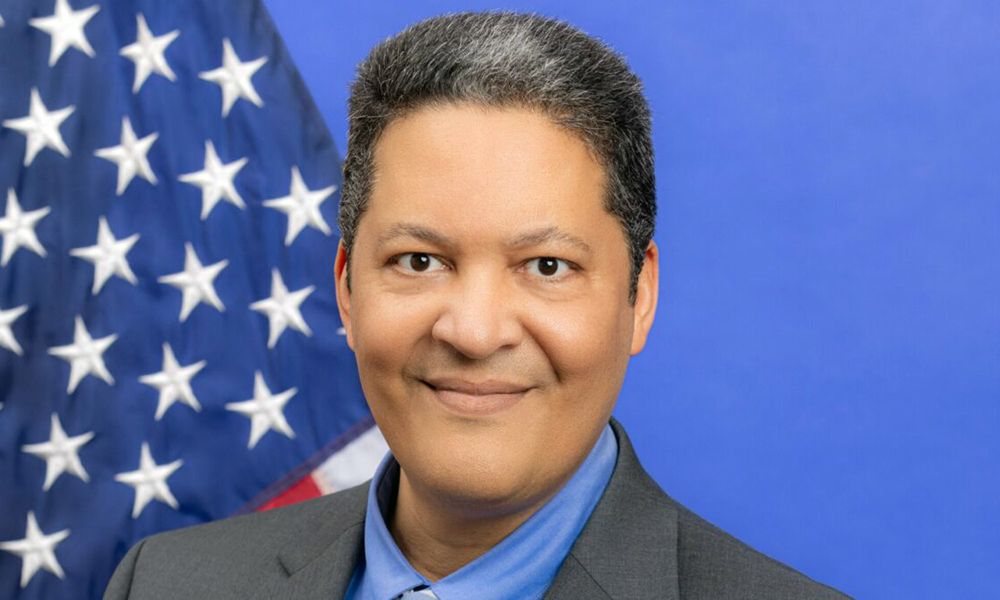
Don Brown, U.S. chargé d’affaires for Afghanistan in Qatar, expressed concern over American citizens currently detained in Afghanistan, describing their situation as “regrettable” and calling for continued diplomatic efforts to resolve the matter.
Brown noted that the detainee issue remains a key focus in discussions between Washington and Kabul.
Zabihullah Mujahid, spokesperson for the Islamic Emirate, said talks with U.S. officials are ongoing and expressed hope for a peaceful resolution.
The matter has been part of U.S.-Afghanistan engagement for several years, with past negotiations securing the release of some Americans.
In September 2025, the U.S. established a framework allowing sanctions on entities that wrongfully detain American citizens.
The situation underscores the continuing importance of detainee negotiations in U.S.–Afghanistan relations.
-
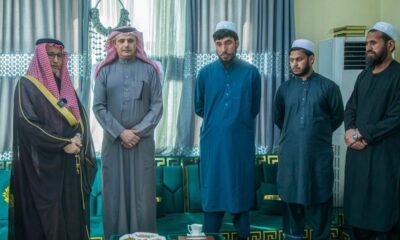
 Latest News3 days ago
Latest News3 days agoIEA releases three Pakistani soldiers to mark Ramadan
-
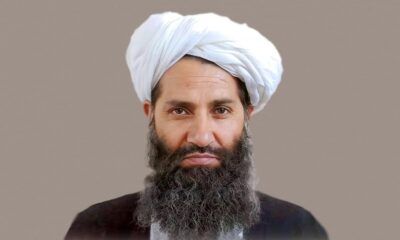
 Latest News3 days ago
Latest News3 days agoGrateful to Afghans and Ulama for obeying the Islamic Emirate, says Hibatullah Akhundzada
-
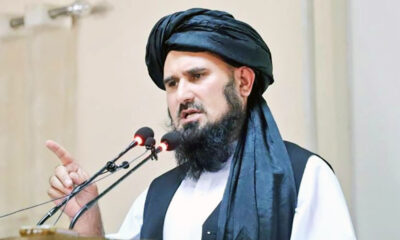
 Latest News2 days ago
Latest News2 days agoAfghanistan’s Chief of Armed Forces underscores readiness and equipment for national defense
-
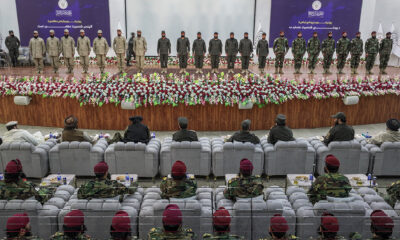
 Latest News4 days ago
Latest News4 days agoAfghanistan’s defense ministry unveils new military uniforms for armed forces
-
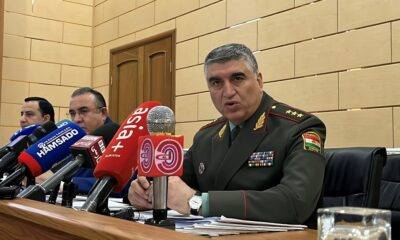
 Latest News5 days ago
Latest News5 days agoTajikistan: Recent attacks from Afghanistan aimed at damaging our relations with China
-

 Business5 days ago
Business5 days agoIran–China rail link via Afghanistan proposed to cut transit time
-
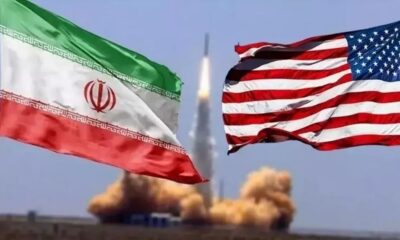
 Latest News5 days ago
Latest News5 days agoIran would prevail in potential conflict with the United States, says IEA spokesman
-
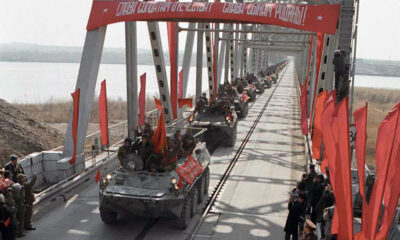
 Latest News5 days ago
Latest News5 days agoIEA marks 37th anniversary of Soviet withdrawal from Afghanistan






